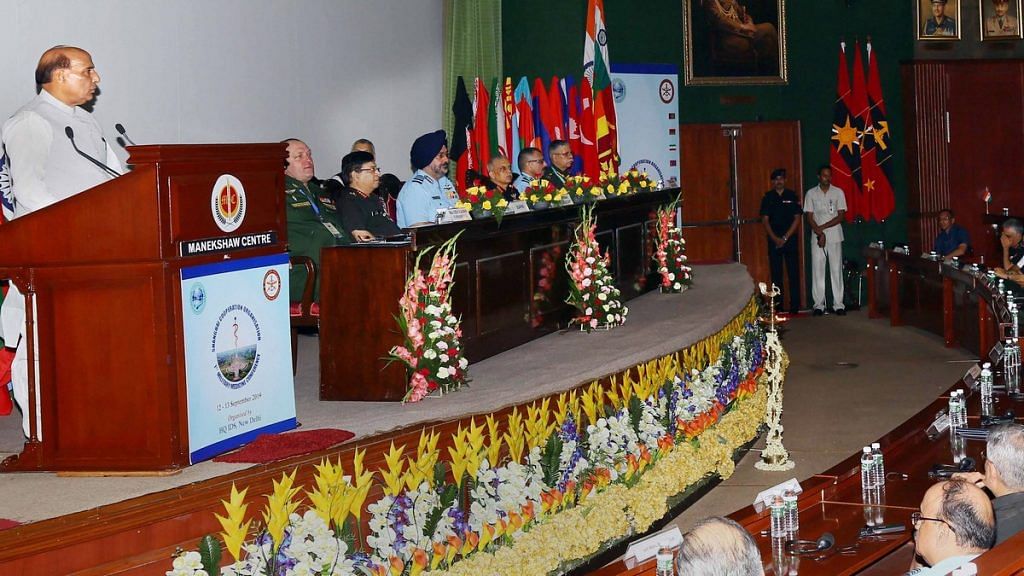New Delhi: Pakistan will attend the second day of the two-day Shanghai Cooperation Organisation (SCO) military medicine conference organised by India in New Delhi Friday.
Diplomatic sources told ThePrint on the condition of anonymity that Pakistan will be represented by two officials from its High Commission — Air Adviser Abdul Adil and Medical Officer Abdul Hameed. The sources said Pakistan did not attend the first day of the conference because it received the invitation late.
The conference was inaugurated by Defence Minister Rajnath Singh Thursday, while the Pakistani High Commission organised the cultural event and dinner reception for the SCO delegates later in the day. The conference is being attended by 27 international and 40 Indian delegates.
Both India and Pakistan became members of the SCO in June 2017. At the last SCO Summit in Bishkek, Kyrgyzstan, in June, Prime Minister Narendra Modi and his Pakistani counterpart Imran Khan had exchanged pleasantries.
Since then, tensions have increased between the neighbours, after India scrapped the special status granted to Jammu and Kashmir under Article 370 of the Constitution. But India had still invited Pakistan to attend the two-day conference.
Rajnath’s remarks
In his opening remarks, Singh called upon the Armed Forces Medical Services (AFMS) and its equivalents from SCO countries to devise ways to effectively deal with new threats posed to soldiers by the ever-advancing battlefield technology.
He also said the threat of nuclear, chemical and biological warfare adds to the complexity of the existing challenges, and the AFMS plays a vital role in identifying those challenges, defining the limits of human tolerance and suggesting strategies to mitigate the adverse health effects.
“The protocols and strategies need to be devised taking into account not just the peculiarities of the operating environment and the nature of operations, but also competence and capabilities of AFMS,” Singh said.
Also read: Modi’s Bishkek message to Imran Khan — forget talks until you end terrorism
